Dawn of a new are where strategic cooperation might turn into military alliances.
Dawn of a new are where strategic cooperation might turn into military alliances.
By Adem Kılıç, Political Scientist/Writer
Last week, Israel’s war against Iran and the subsequent US intervention with attacks on nuclear facilities clearly showed that this is not just a crisis between two countries.
Israel’s consecutive air strikes against Iran over the course of a week did not merely target Tehran’s nuclear infrastructure; they began to shake up both regional and global power balances.
In particular, the United States’ decision to openly side with Israel and directly strike targets in Iran during this process caused the crisis to escalate from a regional conflict into a global fault line.
Iran tried to respond to these attacks with all its might. While retaliating against Israel with ballistic missiles, kamikaze drones, and various hybrid attack methods, it also tried to keep the psychological upper hand with its propaganda about the attacks it had carried out and would carry out.
However, the most important factor for Iran during this process was that the countries defined as Iran’s ‘natural allies,’ namely Russia, China, and North Korea, and even the Resistance Axis groups, refrained from taking a clear position alongside Iran in the field.
This axis, defined in international literature as the ‘New Cold War bloc,’ supported Iran in rhetoric but remained distant in practice, unlike the United States, Israel’s ‘natural ally.’
Why did the axis remain silent?
It would be insufficient to assess this situation solely as a diplomatic reservation. Each country’s strategic interests played a role in this position.
For example, China conducts its relations with Iran primarily in the areas of energy and trade. However, despite billion-dollar energy agreements with Tehran, Beijing generally prefers not to provide direct military support to Iran.
This is because global energy security and, in particular, the stability of the Persian Gulf appear to be much more essential to China than its current opposition to the United States.
Similarly, although Russia has long viewed Iran as a partner in the field, particularly in Syria, it is refraining from direct involvement in this crisis due to its complex relations with Israel and its balanced chess moves with the West.
Russia defines itself as an actor challenging the ‘world order based on Western interests’ due to the war it has been waging in Ukraine for more than three years. It is clear that it maintains close relations with Iran in line with this goal.
North Korea, on the other hand, is a weak country in terms of military support capacity and does not have the extensive infrastructure to put its money where its mouth is, beyond symbolic statements of solidarity. It is undoubtedly defined as a powerful actor on its own territory, particularly due to its nuclear power. However, it is known that it does not have the capacity to engage with any actor on the global stage.
All of this shows that what brings this axis together is not so much a ‘military alliance spirit’ as a common perception of an enemy and a desire to act together around strategic policies that will bring an end to the global order that serves Western interests.
What did Trump’s attack serve?
Trump, who came to the presidency with the promise of ‘ending wars around the world,’ carried out one of the United States’ largest attacks in the Middle East in his first year in office.
So what did Donald Trump’s attack serve? This attack did not stop the conflict between Israel and Iran, nor did it bring peace to the Middle East, nor did it end the genocidal war in Gaza.
In fact, this attack has only served to deepen the hostility between the United States and Iran that has existed since the 1979 Khomeini revolution, rather than ending it, and has strengthened Iran’s resolve on the nuclear issue.
In other words, the chaos in the Middle East, which has been ongoing for nearly two years due to Israel’s aggression, has now opened the door to a new period of prolonged conflict with the United States, a major actor, actively intervening in the war.
Trump has become a pawn in Netanyahu’s scenario
Israeli Prime Minister Netanyahu has been claiming for years that Iran poses a nuclear threat. This claim dates back as far as thirty years.
When Netanyahu first became prime minister of Israel in 1996, he claimed that ‘Iran would acquire nuclear weapons within a few years,’ and after nearly 30 years, Netanyahu launched last week’s attacks using the same rhetoric.
However, this claim has never been confirmed by the International Atomic Energy Agency or by US and European intelligence agencies.
Therefore, Trump has dragged the US into a new war in the Middle East based on a claim that has remained at the level of rhetoric for 30 years and has never been proven. The culprit was undoubtedly Netanyahu, who acted with both theological and power-preserving goals in mind.
In other words, Trump positioned himself and his country as extras in a scenario devised by Netanyahu.
Conclusion
The United States is now engaged in Israel’s war, and it will not be easy to turn back from this path.
However, this reality will undoubtedly bring about even greater strategic disasters in the medium and long term.
This is because the reality that the United States has many military bases in the region that could be targeted. Also, Russia and China, although restrained for now, are inclined to take risks if developments affect their national interests, cannot be ignored.
With all these balances in place, it is clear that not only the Middle East but also the global arena is entering a new era.
A new era has officially begun, in which actors and axes that have been engaged in strategic cooperation until now will also align themselves militarily for a possible Third World War.







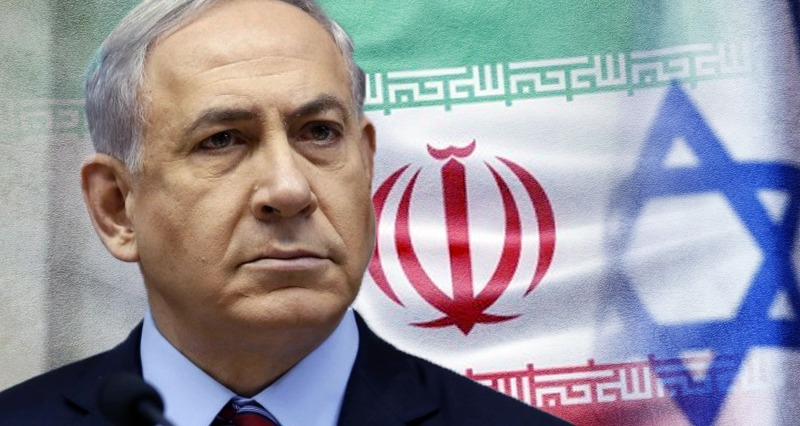

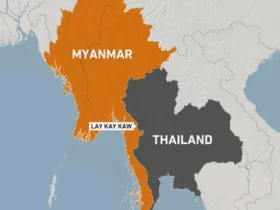



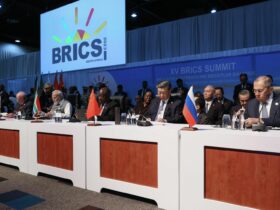
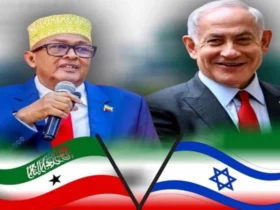
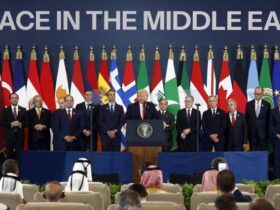

Leave a Reply